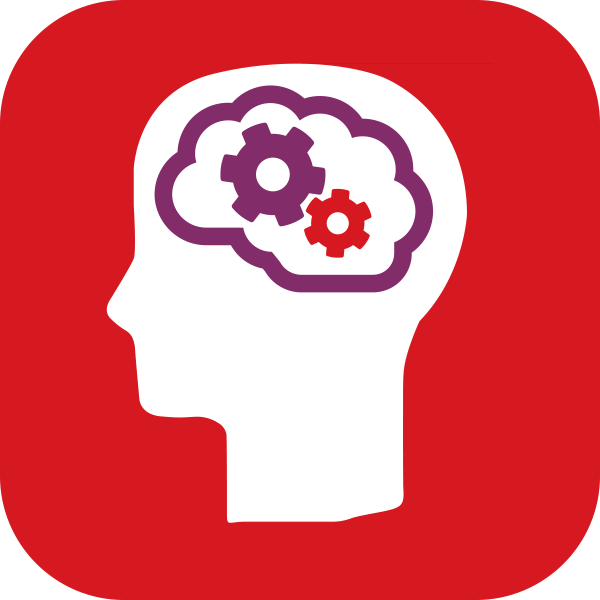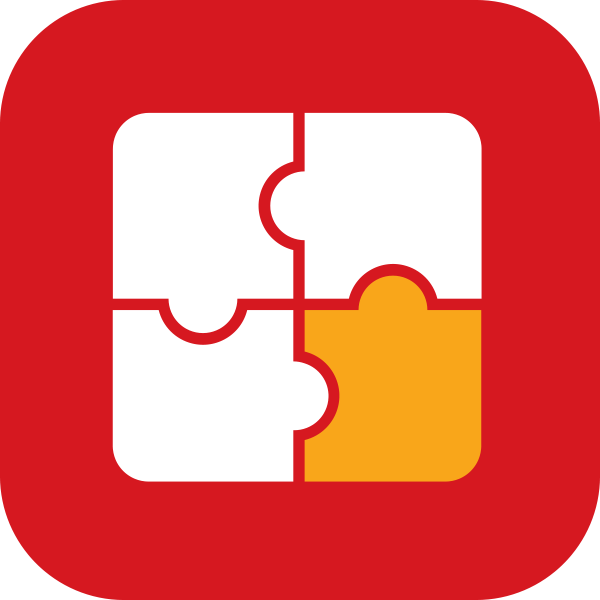“ ”
Using the data to identify personalised measures of progress
Used together, the CAT4 and PT Series results allow staff to compare cognitive ability data against attainment data. This enables them to see which students are at, above or below the level they should be. The system will identify, for example, a student who is achieving below what he or she is capable of, as well as those attaining at higher levels than expected.
Akif explains: “We found that not only are the results available immediately, because of the nature of the tests, but as there is no teacher marking there’s no possibility of errors of judgement. It saved teachers’ workload in the marking and moderation of the tests. We could see straight away which students needed additional help, and those who had performed particularly well. This freed up teachers’ time to analyse the data to improve teaching and learning.”
Teachers who wrote their end-of-year reports arrived at similar conclusions to the test results. “The tests largely endorsed what our teachers had observed and knew about students. We share results with our teachers immediately so that we can discuss areas where improvements might be needed. The assessments offer an invaluable validation of teacher judgement.”
Using the data to decide student grouping and differentiation
The school uses the data to inform student grouping, set learning targets and revisit curriculum maps. Based on their assessment outcomes, Individual Education Plans (IEP) are created for students who are struggling and those who have performed way above their age expectations.
For those who are found to be struggling or who are not making the progress as expected, the school’s learning support department carries out diagnostic tests for learning difficulties, such as dyslexia, with a view to implementing one-to-one or other interventions.
Akif explains: “We need to find out if these students have a specific support need. We don’t want to consider them as having a support need if they have simply fallen behind and need to catch up. For those who have performed well above their age expectations, apart from supporting learning through an IEP within the class, we offer the opportunity to join Brain Academy, a lunchtime club for gifted and talented students.”
The data also enables teachers to ensure a smooth transition from one year to the next. It means that the teacher receiving each student in the new academic year will know how they have performed and be familiar with their strengths and areas for development.
“ ”
“ ”

Stretching gifted and talented students
The Brain Academy lunchtime club offers the opportunity to stretch and challenge more able students. Akif explains: “The children bring their lunch with them to the club. They know that according to GL Education’s assessments they’ve done really well, but we tell them that this is not a time for boasting. Like Spiderman, with great powers come great responsibilities and you must help others.”
The students participate in verbal and non-verbal reasoning tasks, general knowledge quizzes, brainteasers and learning how to manage money. They are also given special assignments to do at home which are age-appropriate and differentiated. For example, in science, they might look at the importance of looking after their teeth and what foods are damaging to good dental health. The challenge might be to ask them to consider how they could test their idea of what rots teeth. These projects help the students in learning to learn.
“It is a real morale booster for these children,” Akif explains. “It means other students work harder because they want to be part of the Brain Academy too, so it acts as an incentive. During carpet time, the Brain Academy learners will be doing activities that stretch and challenge.”
Crucially, these gifted and talented students may also be asked to help teach their classmates, under the supervision and direction of the class teacher. They usually work in pairs or small groups with students of different abilities, acting as a ‘spokesperson’ or ‘expert’ in that group.
“Previously the gifted and talented group of students might have been overlooked because they got on with tasks in lesson and didn’t need much teacher intervention,” Akif explains. “Now their abilities are being served in the same way as we would give interventions to students at the other end of the spectrum. Students have no problem being taught by their peers. They are getting additional input with the Brain Academy child suggesting different ways they might solve a problem. The children understand that it is good to help others and if a classmate says something good about the Brain Academy child, then that child will get a sticker from me.”
One of the reasons this method works so well, is because the school has been moving away from rote-learning, which was the traditional approach in Nigeria.
“Rote-learning might be good for some things, such as learning times tables, but it’s not appropriate for teaching everything. We are a British school and follow the National Curriculum for England way of doing things,” Akif explains. “Many of our staff members have been on immersion trips to UK schools. In addition to the knowledge gained, it was a real validation to our staff that the UK schools have incorporated some of our assessment practices into their own assessment practice, too.
Apart from their Nigerian teaching qualification, a vast number of teachers also have a UK PGCEi. Our teachers are well versed in analysing the valuable data from GL Education, which also helps them for differentiation in the classroom.”
Supporting student wellbeing
The Regent School uses the PASS survey to discover more about their students’ attitudes towards learning, and themselves. The short survey helps the school to identify students who are unhappy or at risk of disengaging.
For example, scores in the PASS factor ‘Response to Curriculum Demands’ helped teachers to identify one student who clearly was unhappy about some aspects of school. On further investigation they discovered that although he was technically very literate, he didn’t enjoy reading. “The teacher was surprised at this, because he was a good reader,” Akif says. “This was addressed by giving the child reading materials more suited to his interests, such as football and cricket, which was what he loved doing.”

Engaging with stakeholders
“Education is highly valued and hugely important to Nigerians and there is a great emphasis on getting the best possible education,” Akif explains. “Coming to the school does cost and they might have to make sacrifices elsewhere such as foregoing holidays. Previously things were very old-fashioned here in Nigeria and we would separate children during examinations using wooden partitions. It was very formal in that way.
We have tried to change the mindset to get parents away from thinking about the scores their children get in these tests and more into understanding how assessment works and how it helps us to teach. There have been some concerns among parents about the lack of involvement of teachers in assessment and children being assessed online so we invited them to attend workshops to explain how it all works.
We are starting to find that other schools are taking notice of the work we are doing in relation to assessment. In Abuja, there is little collaboration between schools but we are trying to change that.”
Since last September, 30 Heads have linked together via social media, which has allowed Akif to spread the word about the work being done at The Regent School. “They have asked me about what works so I have told them about how we are implementing these assessments,” he explains. “We held a workshop and 15 Heads turned up from around the region. There is a feeling that if Regent is doing something, then it must be good. I am very open about what we do here and believe we should be helping improve educational prospects across the country.”



